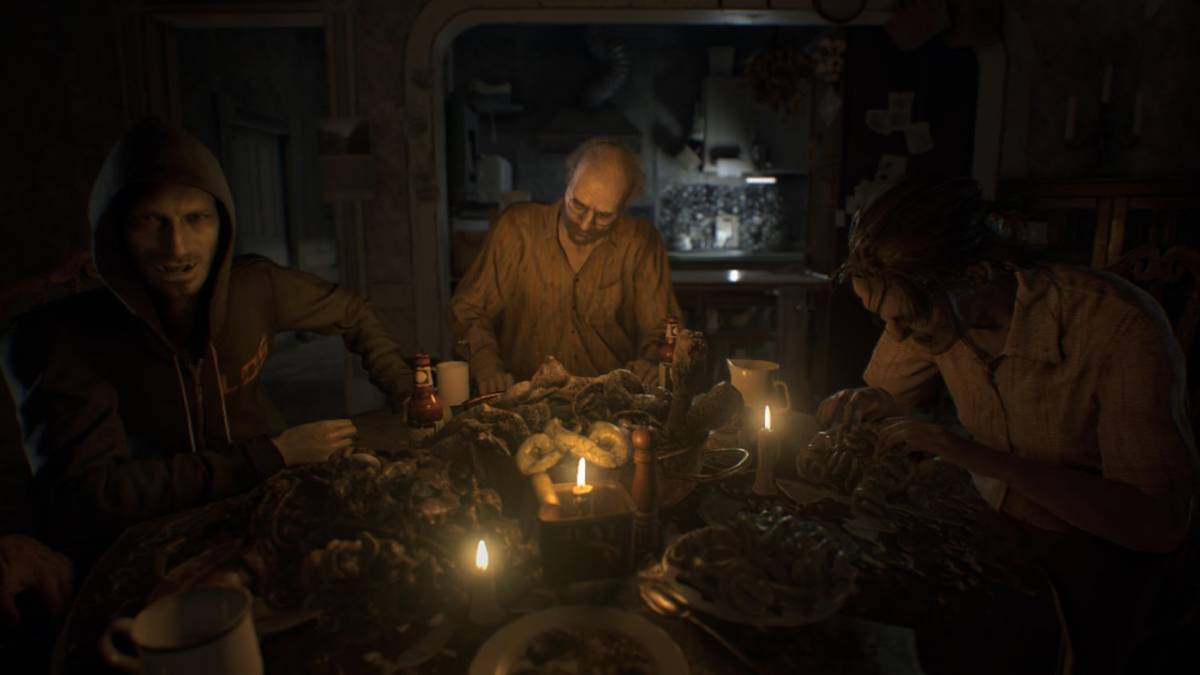The Resident Evil franchise has been an ever-present across the videogame industry for over two decades.
In that time, it has had immeasurable influence, creeping into multiple genres and playing a central role in the evolution of interactive horror, for better and for worse. Unfortunately, recent titles in the franchise have fallen on the more negative side of said influence. Focusing on action over horror, the series has crawled towards a lighter, less traditional (and certainly less welcome) narrative and tone.
Thankfully, Capcom seem to have recognised this misstep after the gory bloated mess that was Resident Evil 6, and in response, have taken the franchise back to its disempowered horror roots.
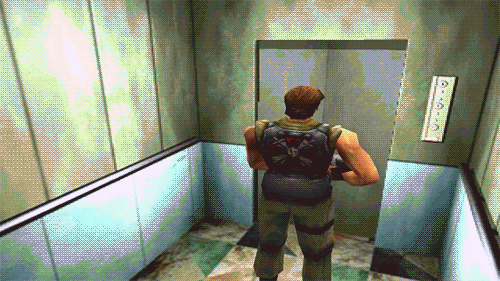
With Resident Evil 7, the infamous staples of the series have returned in an entirely new, more personal (and some would say generic) form. Horror is once again the name of the game, and power is no longer a God-given right – it must be earned and spent only when absolutely necessary.
In pursuing this new direction, it appears Capcom have successfully breathed new life into a franchise that was in danger of losing its identity. The graph below (taken from Google Trends) shows just how much interest there has been in the latest Resident Evil title.
Google Trends measures search volume through Google Search and typically offers us a reliable indicator of popularity (who doesn’t Google their interests, right?)

As the graph above indicates, search interest in Resident Evil 7 has grown exponentially and almost broken the franchise’s all-time record, set by Resident Evil 5 (on the coattails of the masterful Resident Evil 4, of course). In essence, the new game is capturing plenty of consumer attention, unfortunately (and rather unusually), it doesn’t appear this interest is converting into sales.
The Figures
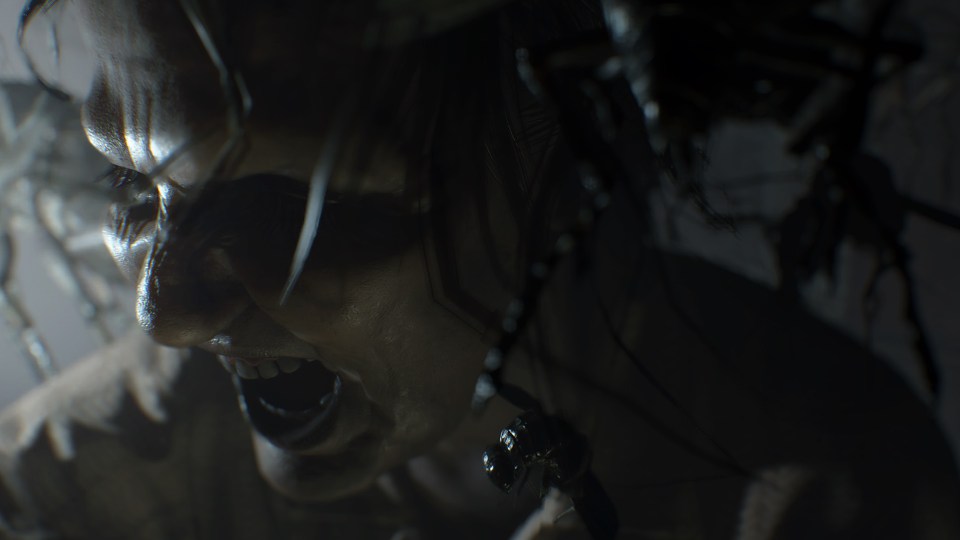
Capcom recently announced Resident Evil 7 had shipped 2.5 million copies. On its own, this doesn’t sound all too bad, but when we start comparing this number to the franchise’s predecessors, the issue becomes perfectly clear.
Resident Evil Modern Sales History

Like many blockbuster videogame franchises, Resident Evil is a top-heavy seller, the majority of each game’s sales come from the initial opening period. It’s not a franchise known for a long sales tail and this is what makes the game’s 2.5 million shipped figure concerning. Even offering a generous (and mostly unrealistic) 100% sales tail, this would still only bring the game to 5 million units, a significant drop from its action-heavy predecessors.
Danger ahead?
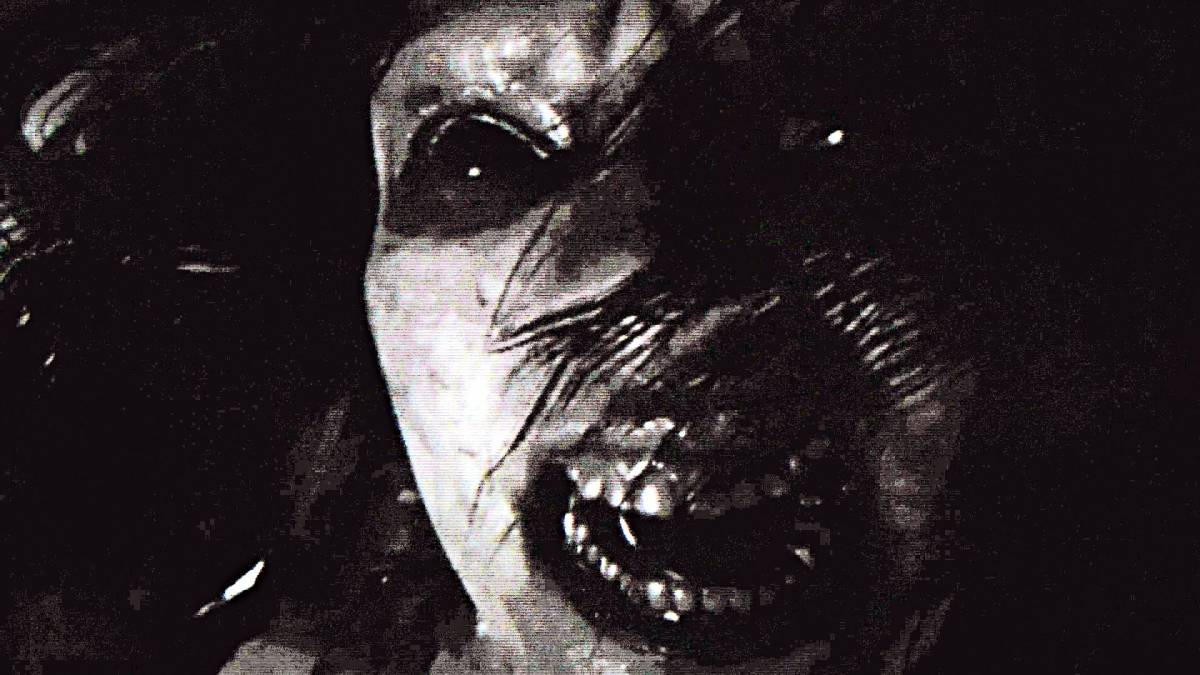
This leaves Capcom at a crossroads. The new direction for the franchise has been undoubtedly well received, but there is a sneaking suspicion that it has in fact alienated a portion of the series’ typically dedicated fanbase. By fundamentally changing the Resident Evil formula, Capcom have turned their back on the old-school fans and have instead pursued a new age form of horror. While it’s a decision few at Capcom will probably regret, it has now left them with extremely difficult choices to make.
Do they push on with the new direction in the knowledge that it will be commercially damaging? Or do they retread their steps and attempt to combine the best of Resident Evil 4 with the tone of Resident Evil 7?
Evolution, Revolution and Growth
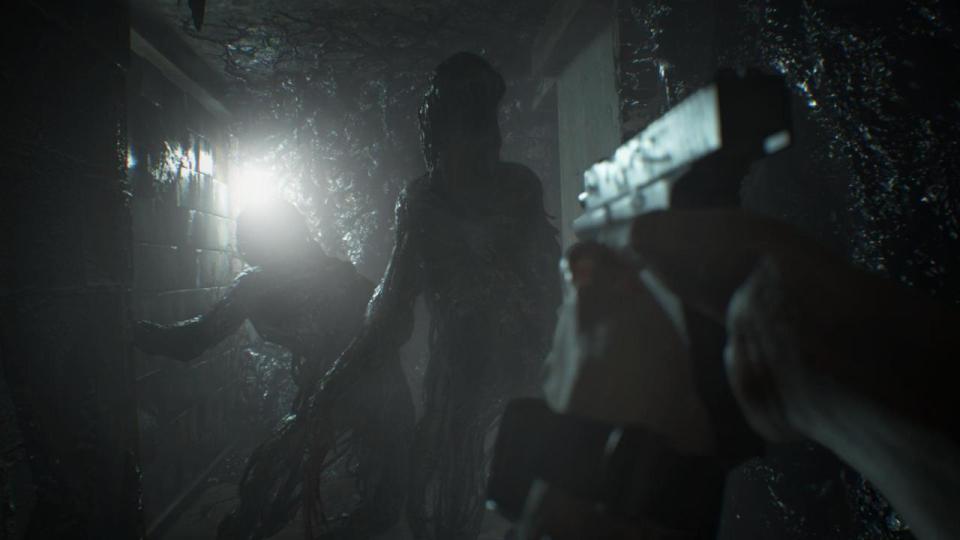
Personally, I’d like to see Resident Evil’s first-person exploits spun-off into a sub-franchise all of its own (like Metal Gear Rising: Revengeance). There’s space for both gameplay types under the Resident Evil umbrella (how could I not?), but if the franchise is to care for the fans who’ve made it what it is today, it has to revert back to its 3rd person roots for Resident Evil 8, or it will suffer the commercial consequences.
There’s no doubt about it: Resident Evil 7 will fail to match the commercial performance of its more action orientated brothers, but this has presented Capcom with a golden opportunity. In the same way Square-Enix have successfully turned Final Fantasy into a genre spanning media enterprise, Capcom now have the groundwork necessary to aggressively expand Resident Evil’s influence and success beyond the franchise’s traditional consumer base.
The question is, can they grow one audience without killing the other? Anyone’s guess is as good as any, let’s just hope, whatever they do, we don’t see boulder smashing superheroes and ropey gunplay make a return any time soon. That would be the true definition of horror.
Some of the coverage you find on Cultured Vultures contains affiliate links, which provide us with small commissions based on purchases made from visiting our site.
